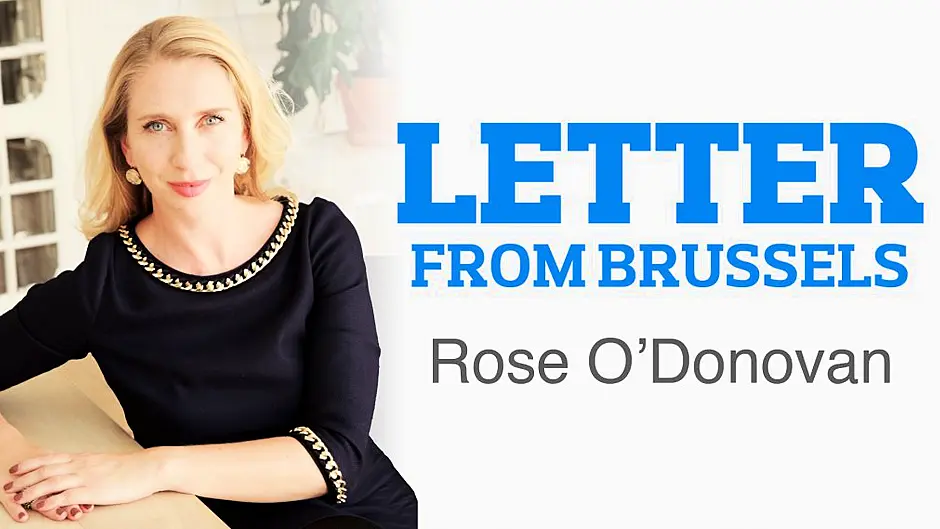UK Prime Minister Theresa May accepted an offer from EU-27 leaders to extend the Article 50 process until October 31st
UK Prime Minister Theresa May accepted an offer from EU-27 leaders to extend the Article 50 process until October 31st at the extraordinary Summit in Brussels on April 10, with the April 12th scheduled departure date now pushed back until Hallowe’en.
The new deadline coincides with the end of the current Commission and European Council mandates. Following a marathon session of talks – more than six hours – EU heads of state and government also pledged to hold a review of the deadline in June.
Agreement was reached at around midnight on April 10th after which the compromise was presented to May. Council President Donald Tusk announced her acceptance on Twitter just before 2am local time (April 11th) with the words ‘EU27-UK have agreed a flexible extension until October 31.’
‘This means an additional six months for the UK to find the best possible solution,’ the former Polish Premier elaborated. The compromise means the UK can end its EU membership earlier, if the House of Commons votes through the Withdrawal Treaty. During the extension, the UK would remain a full Member State, Tusk clarified, adding that ‘in any event, the UK can revoke Article 50 at any time, as stated by the European Court of Justice.’
Before the EU-27 leaders sat down for deliberations over dinner, there was a presentation of just over an hour from May, where she set out the case for an extension. When leaders took a break at around 11.30pm, it became clear that French President Emmanuel Macron was the one holding out for a shorter delay, saying the ‘no-deal’ threat should remain as there were insufficient guarantees the British government would act as a responsible member of the bloc.
Germany’s Angela Merkel was pushing for a longer extension until the end of March 2020. Discussions resumed after midnight and, with 17 leaders pushing for a long extension, others ready to acquiesce and France’s Macron insisting it be kept short, the fudge of six months emerged.
Ireland’s Taoiseach Leo Varadkar welcomed the so-called ‘flextension,’ saying the UK can still leave if MPs ‘ratify the Withdrawal Agreement’ before that date. In the face of political failure in London, there was a collective sigh of relief in Dublin as, at least in theory, the delay allows a ‘period of time to reach a cross-party agreement,’ Varadkar outlined.
‘It was now time for the UK to make a decision,’ the Fine Gael leader insisted, revoke Article 50, accept the deal on the table or leave the bloc with no-deal.
• Rose O’Donovan is the editor-in-chief of the Brussels-based agricultural publication Agra Facts.









